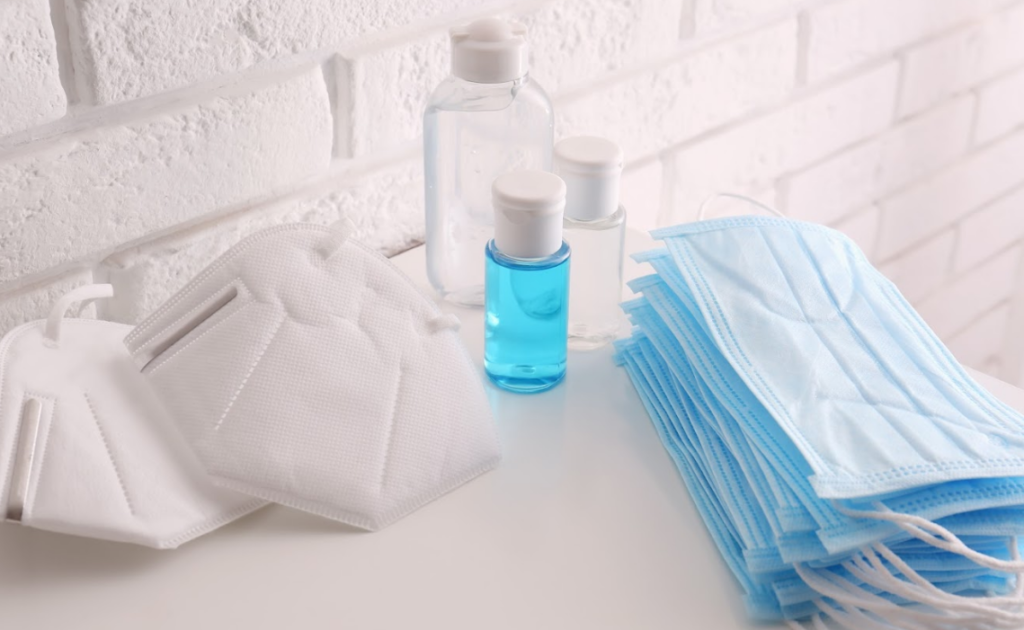
Disposable products are considered non-acceptable items because they are more likely to pollute the environment. Reusable items are preferred because they come with a specific timeline and recommendation as to how many times one can use it. But, contrary to popular belief, single-use items can make a difference, too, and keep people healthy. Explore how below.
Medical Devices And Supplies
If there are more useful items, and which have good reason to be disposables, these are related to health and medical use. Indeed, the pandemic has made them more in demand to ensure that the coronavirus can be controlled from the inside of hospitals and other medical facilities. Such example is the use of nitrile gloves.
Nitrile gloves are more durable than latex gloves and cause less allergic reactions. Medical devices and supplies are created for single-use only, and there are many kinds. Such disposable items are for the prevention of the spread of infections and viruses.
The following are examples of medical supplies and devices:
- Needles
- Syringes
- Catheters
- Bandages
- Face masks
- Gloves
- Surgical sponges
- Blood sugar strips
- Blood collection supplies
You can only use one item per patient to ensure that viruses and bacteria are controlled and won’t spread to another person. These supplies are used in different medical disciplines for testing, diagnostics, treatments, and care. They’re used by health workers and by regular people at home.
How Disposable Medical Products Help
- Enhance Safety Of Patients
The Center for Disease Control and Prevention aims to reduce the risk of spreading avoidable infections while receiving treatment. These supplies are cost-effective and easy to use, and are handled for decontamination. As a result, the risk of cross-contamination is significantly lowered, much so that healthcare professionals can worry less about their surgical tools and operating areas’ cleanliness. They lessen the likelihood of hospital-acquired infections among patients.
There are four classes of infections that can develop in healthcare settings: surgical site infections, UTI associated with catheters, pneumonia, and bloodstream infections caused by bacteria entering the IV. By using disposable supplies, the risk of getting these infections lowers because there’s no contamination.
- Less Impact To The Environment
There have been quite a debate on which is affecting the environment more: disposable or reusable medical items. It may look like disposables are at the losing end, but it has been proven that reusable items require more decontamination for reusage. The task produces more wastage because disposable supplies don’t have to undergo such processing anymore. Disposable materials from medical institutions are also processed differently than regular wastes to make them safer for humans and the environment.
- Cost-Effective
Some supplies used at home and in the hospital don’t need sterilization measures. You can use simple medical items such as bandages directly onto wounds for treatment. There’s no need to buy additional supplies to clean items for reuse. The bandages themselves are sterilized already for your convenience. When you can save more money, you can buy more appropriate medical supplies that you may need during emergencies.
In Conclusion
Disposable medical supplies are safer for patients because there’s no chance of cross-contamination of germs, bacteria, and contagious diseases. It is the case no matter they’re used at home or a medical facility. It also helps that hospitals have protocols as to the proper disposal of these materials to avoid endangering the health of both humans and the environment.
